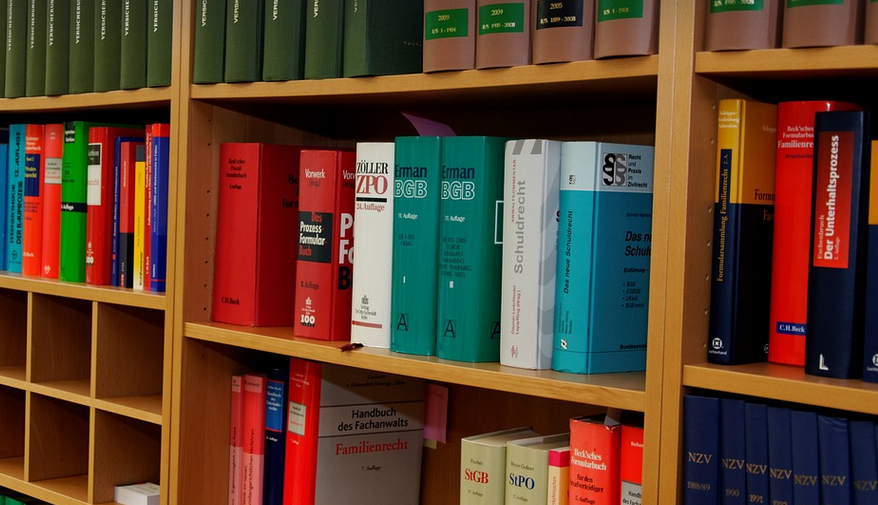Unraveling the Differences: A Guide to Your Choices
Getting separated from your partner is a significant life event, and navigating this process can feel overwhelming. There are different paths you can take, each with its own nuances and implications. One common path involves legal separation vs. divorce in Illinois. While both involve ending a marriage, they differ significantly in their approach to financial aspects, property division, and future co-parenting arrangements.
Before diving into the specifics, it’s crucial to understand how these terms are defined within the legal framework of Illinois. Divorce officially dissolves a marriage, legally ending both individual and shared rights and responsibilities. Legal separation, on the other hand, separates spouses but not in a complete divorce sense. This means that while you are not legally married anymore, some aspects may remain similar to a previous marital status.
Illinois recognizes two primary types of legal separations: the “Separation Agreement” and the “Legal Separation.” Both involve a formal agreement between couples where they acknowledge the breakdown of the marriage and choose to live separately while maintaining an existing legal structure. Legal separation, however, is not always a permanent solution. It’s often used as a stepping stone toward divorce or as a means for achieving certain financial or property goals.
Legal Separation in Illinois: A Path with Boundaries
To understand the specifics of legal separation, consider these key aspects:
- Grounds of Legal Separation: In Illinois, couples can legally separate for various reasons including adultery, abandonment, or even a mutual decision to separate. However, grounds must be established and agreed upon by both parties.
- Duration of Legal Separation: Unlike temporary separation arrangements, legal separation is not a “trial run.” If a couple decides to remain separated after the initial period, it often leads to divorce proceedings. There might be no set time limit as long as one party wants to formally separate.
- Financial Arrangements: Legal separations in Illinois can involve agreements for asset division and spousal support, similar to what you might find in a divorce settlement. These agreements are outlined in the legal separation document.
Divorce in Illinois: Ending the Marriage
In contrast, divorce is an official declaration of the dissolution of marriage as per Illinois law. It typically involves specific procedures and considerations:
- Grounds for Divorce: The grounds for divorce in Illinois are similar to legal separation, with factors like adultery, abandonment, or a “no-fault” approach. A divorce can be granted based on irreconcilable differences.
- Process of Dissolution: Divorce proceedings in Illinois involve filing paperwork, proving residency requirements, and attending hearings before the court to formally dissolve the marriage.
- Property Division: During a divorce, property division is one of the most significant components. The process generally follows equitable principles, aiming for fairness when dividing assets like homes, vehicles, and bank accounts.
While both legal separation and divorce offer pathways to move forward after marriage breakdown, it’s critical to understand their specific roles in Illinois law.
The decision between legal separation and divorce depends on your individual circumstances, goals, and priorities. It may be beneficial for you to consult with a legal professional, a therapist, or a neutral third-party mediator to get personalized advice and explore the best approach for your situation.
Illinois’s state laws provide clear guidelines for both legal separation and divorce. If you are considering either of these options, remember that seeking legal counsel is essential to protect your rights and interests throughout this challenging process.



